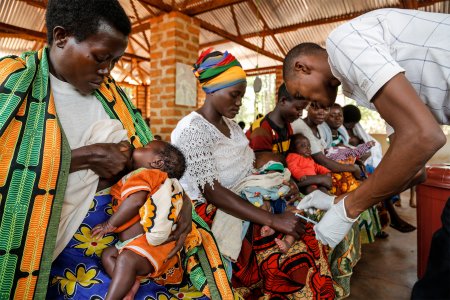 Louise Annaud
Analysis
Louise Annaud
Analysis
05/01/1994
Rony Brauman
For the publication of the Dictionnaire d'Ethique et de philosophie morale, the former president of Médecins Sans Frontières, Rony Brauman, offers a definition of humanitarian aid.
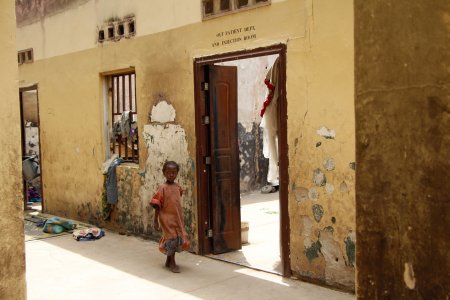 Benoit Finck
Analysis
Benoit Finck
Analysis
07/25/2016
Rony Brauman
Rony Brauman focuses on the humanitarian environment and practices in war, in order to try to understand and analyze its political and ethical stakes. Starting with the creation of the Red Cross at the end of the XIXth century, he then focused on the contemporary postcolonial period, switching between various scales and reporting on contradictory points of view and issues.
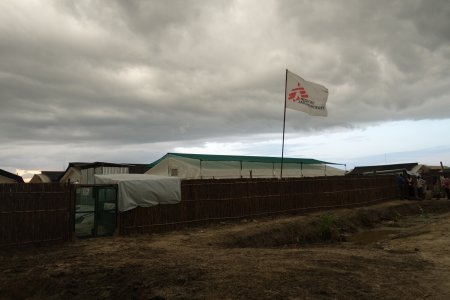 Jacob Kuehn
Analysis
Jacob Kuehn
Analysis
10/01/2009
Fabrice Weissman
This essay points out the fragility of the arguments most often used by humanitarian organizations to justify their support for an international criminal court. Questioning NGOs' infatuation with punitive justice, Fabrice Weissman argues that humanitarian organizations should advocate for politics of aid and mediation rather than for a global moral order based on judicial punishment and just war.
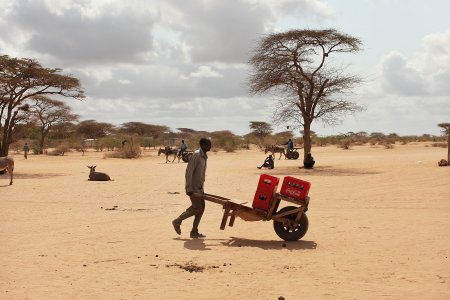 Spencer Platt
Analysis
Spencer Platt
Analysis
07/03/2014
Rony Brauman
Michaël Neuman
We often hear it said within MSF that the aid system is unable to provide effective relief, or that the aid system’s ability to provide aid is in decline. These statements, which suggest that MSF is itself outside the "system", are based on the very real number of people in relief operations who need help but do not receive it, or do not receive enough of it.
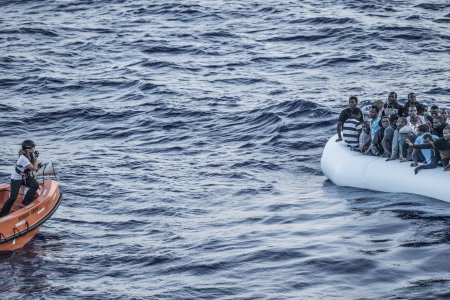 Francesco Zizola
Analysis
Francesco Zizola
Analysis
01/30/2015
Fabrice Weissman
This article is an English translation of an interview of Fabrice Weissman about the State of the Humanitarian Sector, in Revue Internationale et Stratégique (n°98, 2015/2) published by the Institut de Relations Internationales et Stratégiques
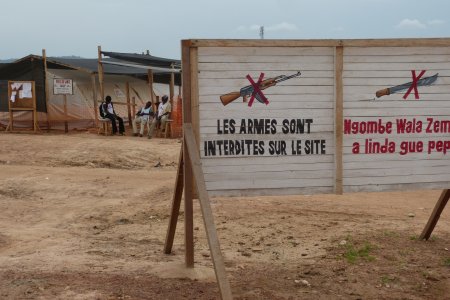 Samuel Hanryon
Opinion
Samuel Hanryon
Opinion
11/21/2014
Michaël Neuman
Is there anything fundamentally new in the security challenges faced by humanitarian organisations? When looking at the history of humanitarian assistance, as far back as the late 1800s, 'medical care' was operating under fire.
 Spencer Platt
Analysis
Spencer Platt
Analysis
07/03/2014
Michaël Neuman
Rony Brauman
We often hear it said within MSF that the aid system is unable to provide effective relief, or that the aid system's ability to provide aid is in decline. Rony Brauman and Michaël Neuman aim at exploring MSF's relationship with the aid system, while showing how the ambitions of the aid system itself have evolved.
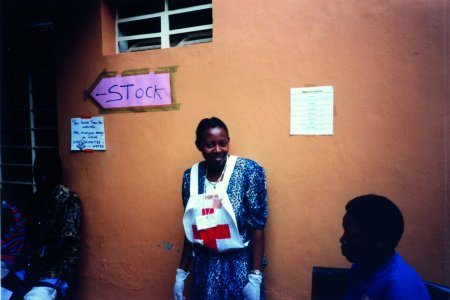 Xavier Lassalle
Analysis
Xavier Lassalle
Analysis
05/01/2013
Rony Brauman
How do Médecins Sans Frontières (MSF) and the International Committee of the Red Cross (ICRC) differ, and how are they alike?
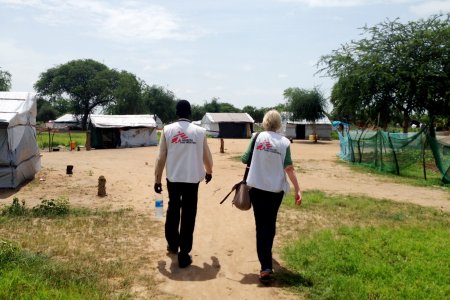 David Di Lorenzo
Video
David Di Lorenzo
Video
04/03/2013
Fabrice Weissman
On the occasion of the 150th anniversary of the ICRC (1863-2013) and in light of the recently launched issue of the Review on "The future of humanitarian action", the Harvard Program on Humanitarian Policy and Conflict Research (HPCR) and the International Review of the Red Cross are pleased to co-host a Live Web Seminar on the topic: "Perspectives on the Future of Humanitarian Action"...
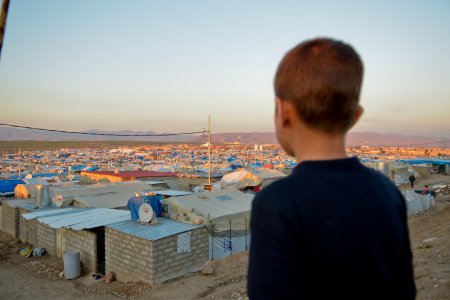 Pierre-Yves Bernard
Opinion
Pierre-Yves Bernard
Opinion
03/19/2013
Fabrice Weissman
Marie-Noëlle Rodrigue
While European Union members are debating the lifting of arms embargo on Syria, populations living in opposition held territories continue to be severed from desperately needed humanitarian aid. Yet, there is a controversy among aid agencies on the best ways to scale up relief activities in Syria.
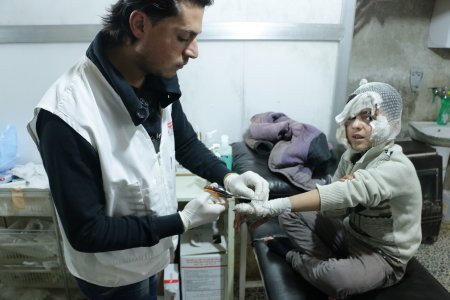 MSF
Interview
MSF
Interview
12/28/2012
Fabrice Weissman
In June, MSF opened a hospital in the Idlib region in northern Syria, an area under rebel control. Located behind the front lines, the hospital has 15 beds and a staff of approximately 50, including 10 international MSF workers.
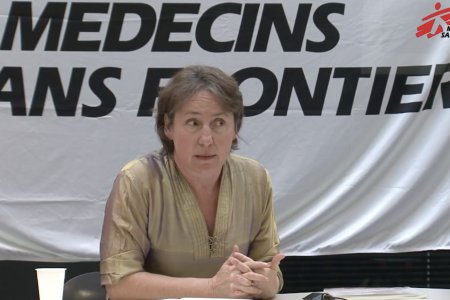 Jacob Zocherman
Conference
Jacob Zocherman
Conference
04/08/2009 - 08:30 PM 10:30 PM
Françoise Bouchet-Saulnier
In 1998 MSF decided to support the creation of the International Criminal Court. 10 years later MSF stated that it ‘would not cooperate and would not transmit any information to the ICC'. How can we explain this change of position?
 Louise Annaud
Analysis
Louise Annaud
Analysis










